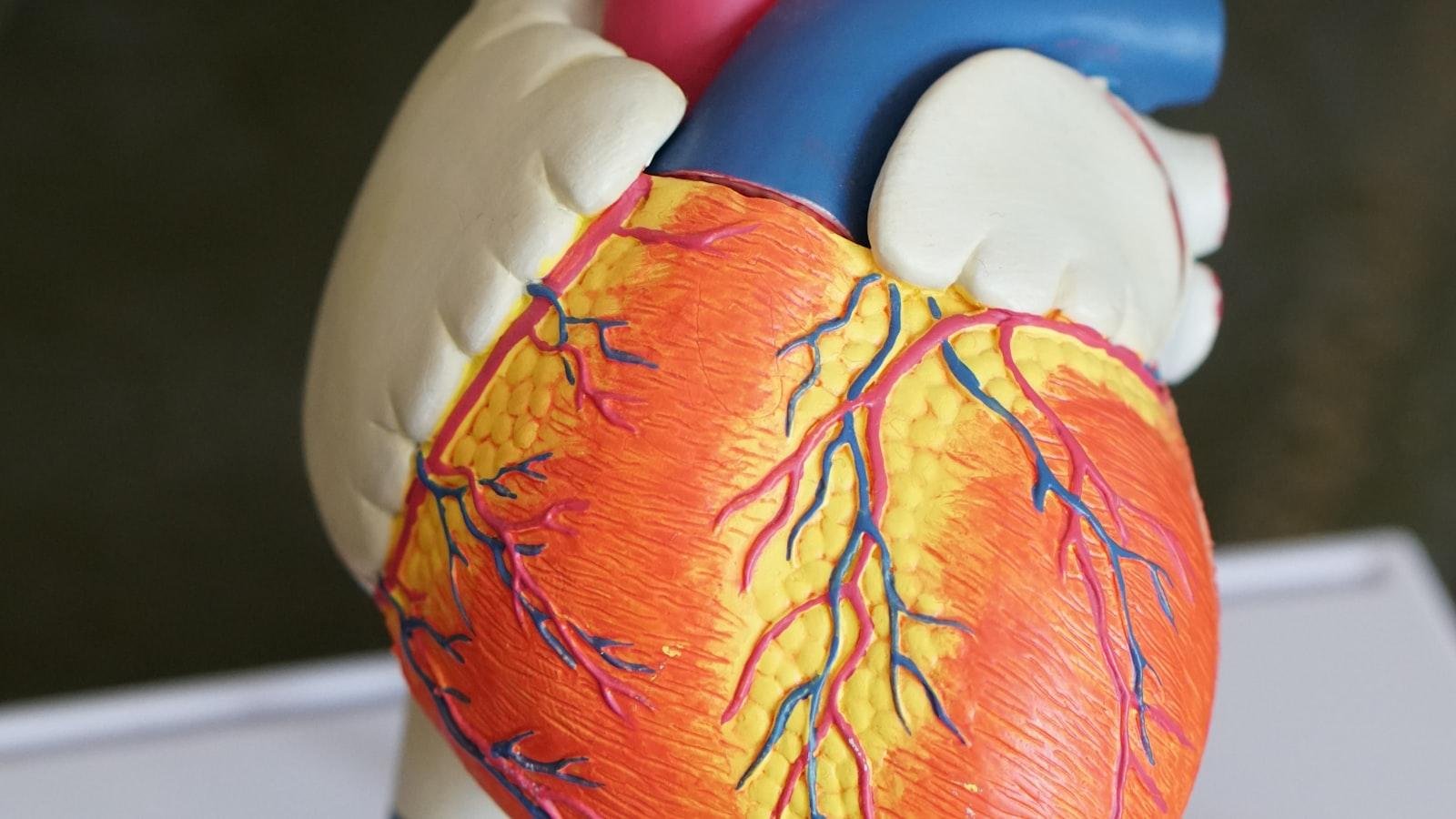As the rhythmic beat of our heart sustains the very essence of our existence, it is paramount that we actively nurture and protect this vital organ. In a world where stress, sedentary lifestyles, and poor dietary choices are the norm, the importance of cardiovascular care cannot be stressed enough. Join us as we delve into the realm of heart health, exploring the essential ways in which we can pave the path towards a healthy heart and a happy life.
Understanding Cardiovascular Health
Having a healthy heart is crucial for overall well-being and longevity. Taking care of your cardiovascular health can have a significant impact on your quality of life. One of the key aspects of maintaining a healthy heart is to prioritize regular exercise. Engaging in activities such as swimming, biking, or even brisk walking can help strengthen your heart muscles and improve circulation. Additionally, incorporating a balanced diet rich in fruits, vegetables, whole grains, and lean proteins can support heart health.
Managing stress is also crucial for cardiovascular care. High levels of stress can contribute to hypertension and other heart-related issues. Finding ways to relax and unwind, such as through meditation, yoga, or deep breathing exercises, can help reduce stress levels and protect your heart. Lastly, staying up to date on regular check-ups with your healthcare provider is essential for early detection of any potential issues. By prioritizing cardiovascular health, you can enjoy a happier and healthier life.

The Importance of Regular Exercise
Regular exercise is essential for maintaining a healthy heart and overall well-being. Engaging in cardiovascular activities such as running, swimming, or cycling helps to strengthen the heart muscle, improve circulation, and lower blood pressure. By incorporating **aerobic exercises** into your routine, you can reduce the risk of heart disease and other cardiovascular issues.
In addition to the physical benefits, exercise also has a positive impact on mental health. Physical activity releases endorphins that can boost mood, reduce stress, and improve sleep quality. Setting aside time each day for a workout not only benefits the body but also contributes to a positive mindset and overall happiness. Remember, a healthy heart leads to a happy life!
Balanced Diet for a Healthy Heart
Eating a balanced diet is crucial for maintaining a healthy heart and overall well-being. Including a variety of nutrient-rich foods in your daily meals can help reduce the risk of heart disease and improve cardiovascular health. A diet that is high in fruits, vegetables, whole grains, lean proteins, and healthy fats can provide the essential nutrients needed to support heart function.
Some key components of a heart-healthy diet include:
- Increasing your intake of fresh fruits and vegetables
- Choosing whole grains over refined grains
- Opting for lean proteins such as fish, poultry, and legumes
- Incorporating healthy fats like avocados, nuts, and olive oil into your meals
Managing Stress and Its Impact on the Heart
Managing stress is essential for maintaining a healthy heart and overall well-being. Chronic stress can have a negative impact on the heart, leading to increased risk of heart disease and other cardiovascular issues. It’s important to implement strategies to keep stress levels in check and protect your heart health.
Some ways to manage stress and promote a healthy heart include:
- Exercise regularly: Physical activity can help reduce stress and improve cardiovascular health.
- Practice mindfulness: Techniques such as meditation and deep breathing can help calm the mind and reduce stress levels.
- Get plenty of sleep: Adequate rest is crucial for both mental and physical well-being.
Key Factors for Preventing Heart Disease
When it comes to maintaining a healthy heart, there are several key factors that can help prevent heart disease and promote cardiovascular care. One important factor is maintaining a balanced diet rich in fruits, vegetables, whole grains, and lean proteins. These foods are packed with essential nutrients and antioxidants that can help lower cholesterol, reduce inflammation, and improve heart health.
Another crucial factor in preventing heart disease is regular physical activity. Engaging in activities such as brisk walking, cycling, swimming, or dancing can help strengthen the heart muscle, lower blood pressure, and improve circulation. Additionally, managing stress levels, getting an adequate amount of sleep, and avoiding smoking are all important components of a heart-healthy lifestyle.
Benefits of Regular Cardiovascular Screenings
Regular cardiovascular screenings play a crucial role in maintaining a healthy heart and preventing serious health issues. By scheduling routine screenings, individuals can proactively monitor their heart health and detect any potential problems early on. This allows for timely intervention and treatment, ultimately reducing the risk of heart disease, strokes, and other cardiovascular conditions.
One of the main is the ability to assess key risk factors that may contribute to heart disease. Screening tests such as blood pressure checks, cholesterol measurements, and EKGs can provide valuable insights into a person’s overall heart health. Armed with this information, individuals can make informed decisions about their lifestyle choices, such as adopting a heart-healthy diet, increasing physical activity, and managing stress levels. By taking proactive steps to address risk factors, individuals can significantly improve their heart health and overall quality of life.
The Role of Medication in Cardiovascular Care
When it comes to maintaining a healthy heart and living a happy life, understanding is crucial. Medications play a key role in managing various cardiovascular conditions and helping individuals lead healthy and active lives. From controlling blood pressure to reducing cholesterol levels, medications can help prevent heart attacks, strokes, and other cardiovascular diseases.
There are different types of medications used in cardiovascular care, each serving a specific purpose in promoting heart health. Some common medications include:
- ACE Inhibitors: These help relax blood vessels and lower blood pressure.
- Beta-blockers: These reduce the heart’s workload and lower blood pressure.
- Statins: These help lower cholesterol levels in the blood.
The Conclusion
As we conclude our journey through the importance of cardiovascular care for a healthy heart and a happy life, we hope you have gained valuable insights and inspiration to prioritize your heart health. Remember, a healthy heart is the foundation for a vibrant and fulfilling life, so take care of it with love and dedication. Let us commit to making small yet impactful changes every day to nurture our hearts and nurture our well-being. Here’s to a future filled with vitality, joy, and endless possibilities. Your heart deserves the best, so let’s ensure it receives the care it deserves. Thank you for joining us on this enlightening quest towards a healthier, happier you. Stay well and keep your heart beating strong!